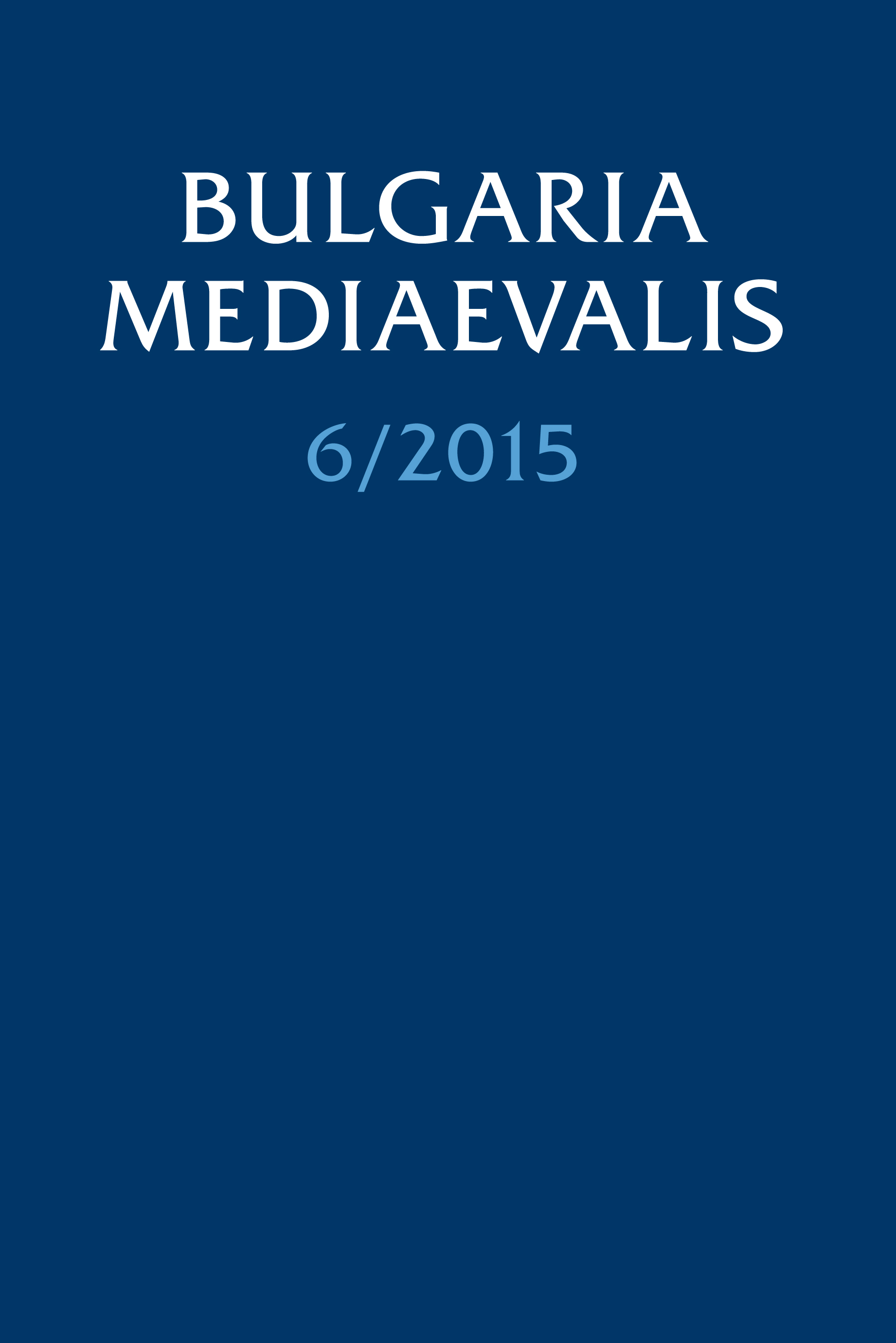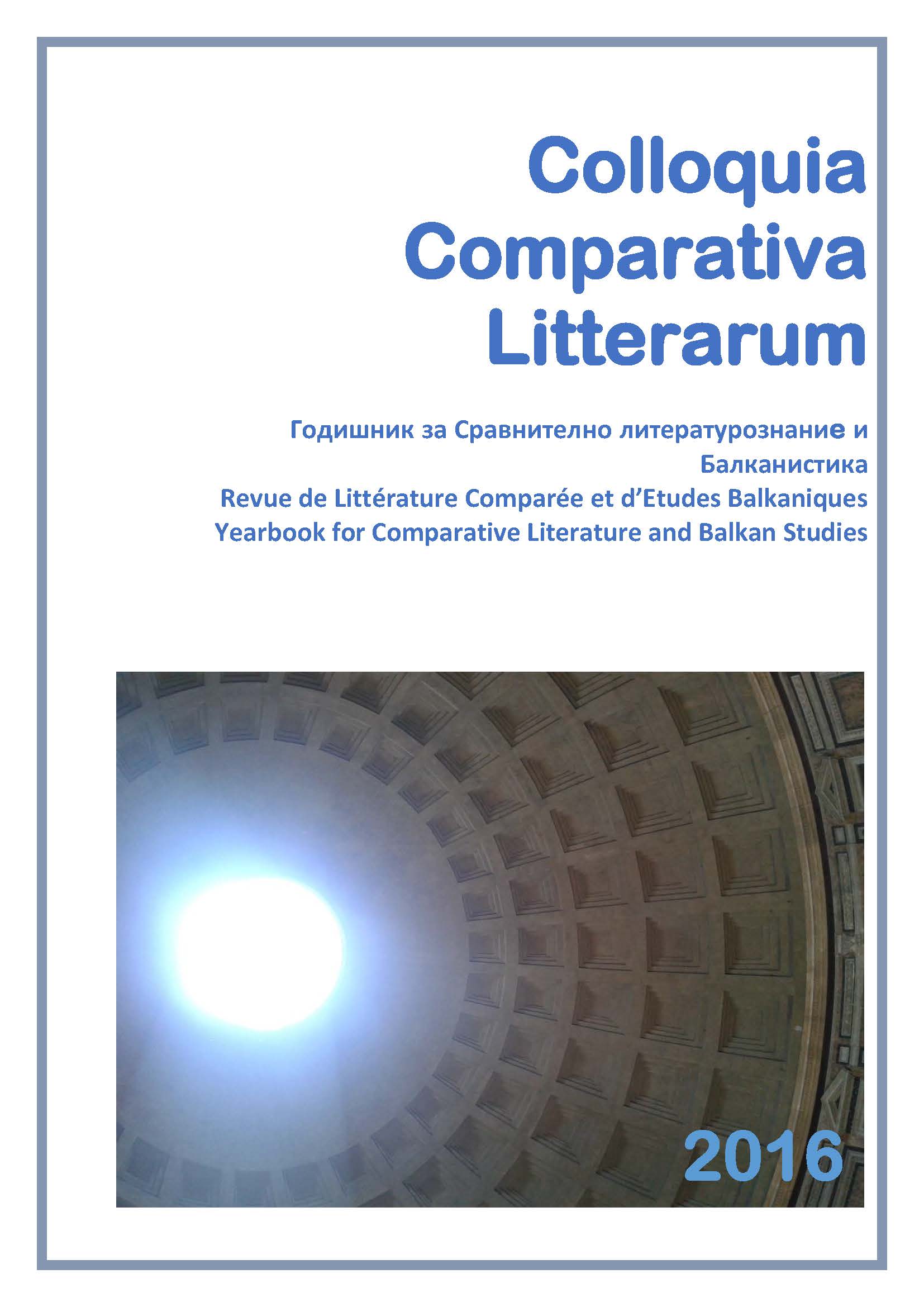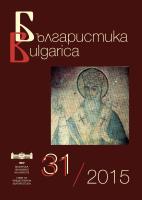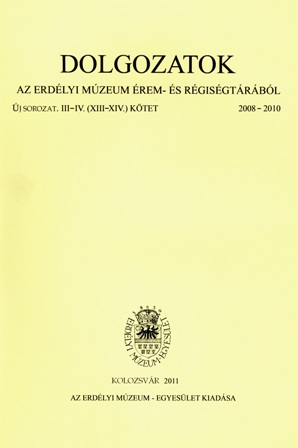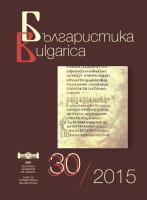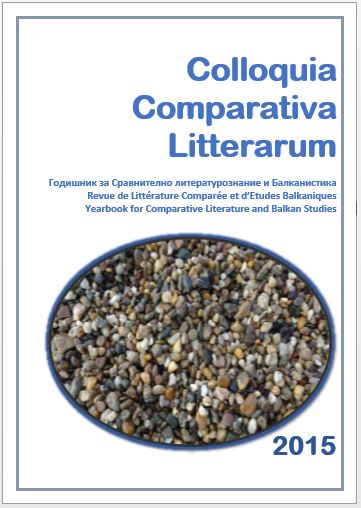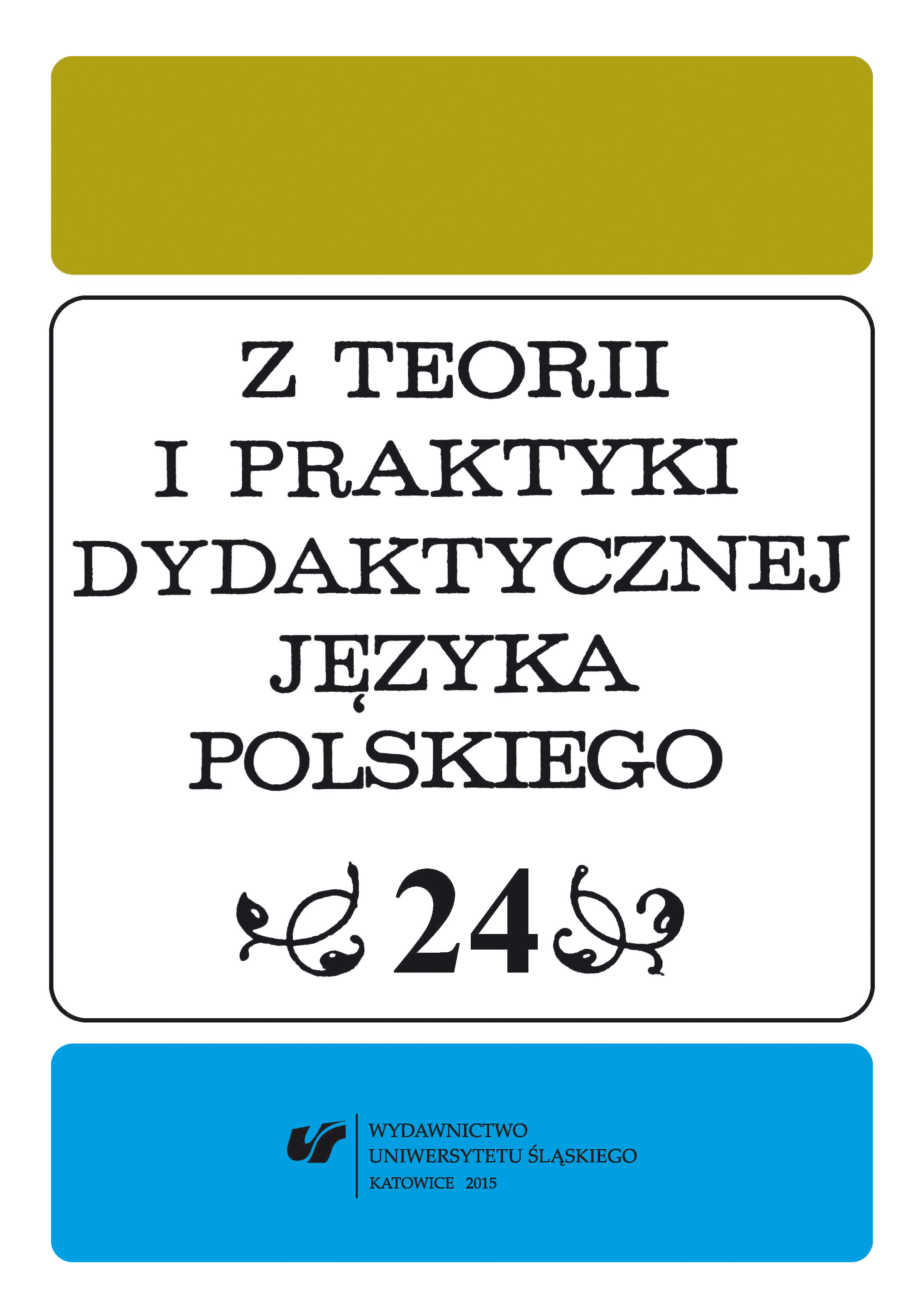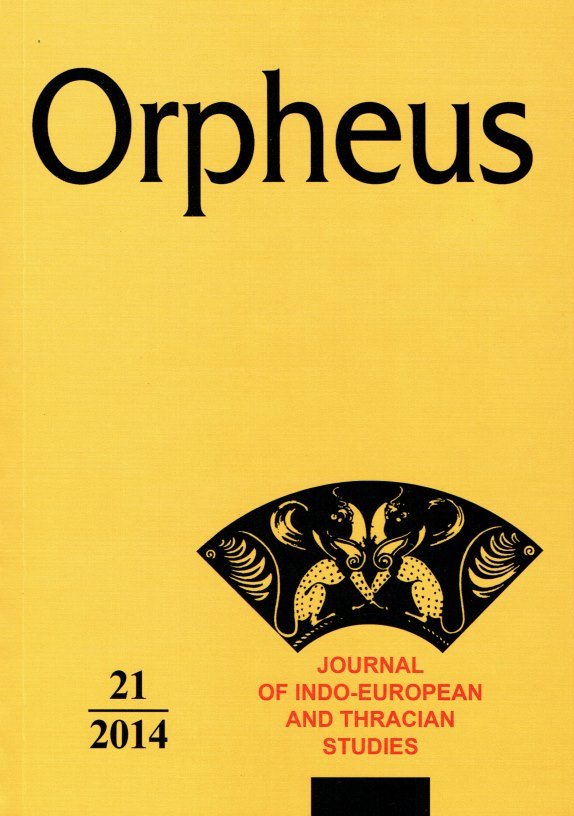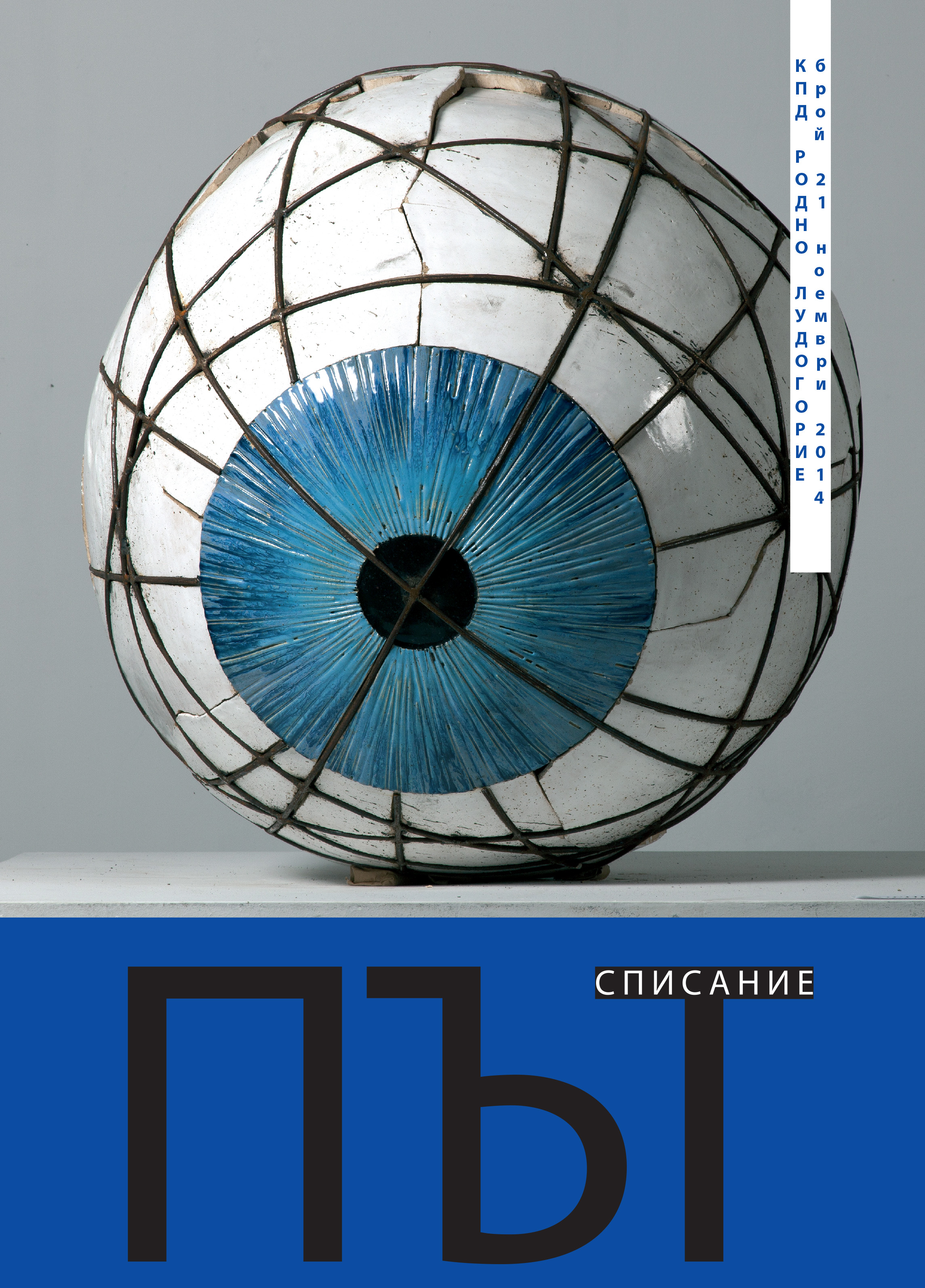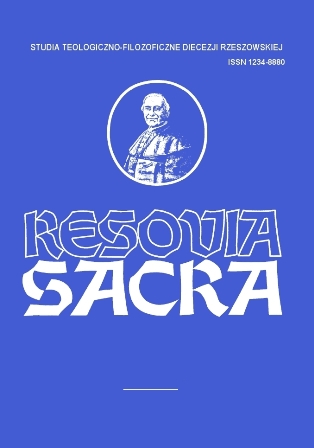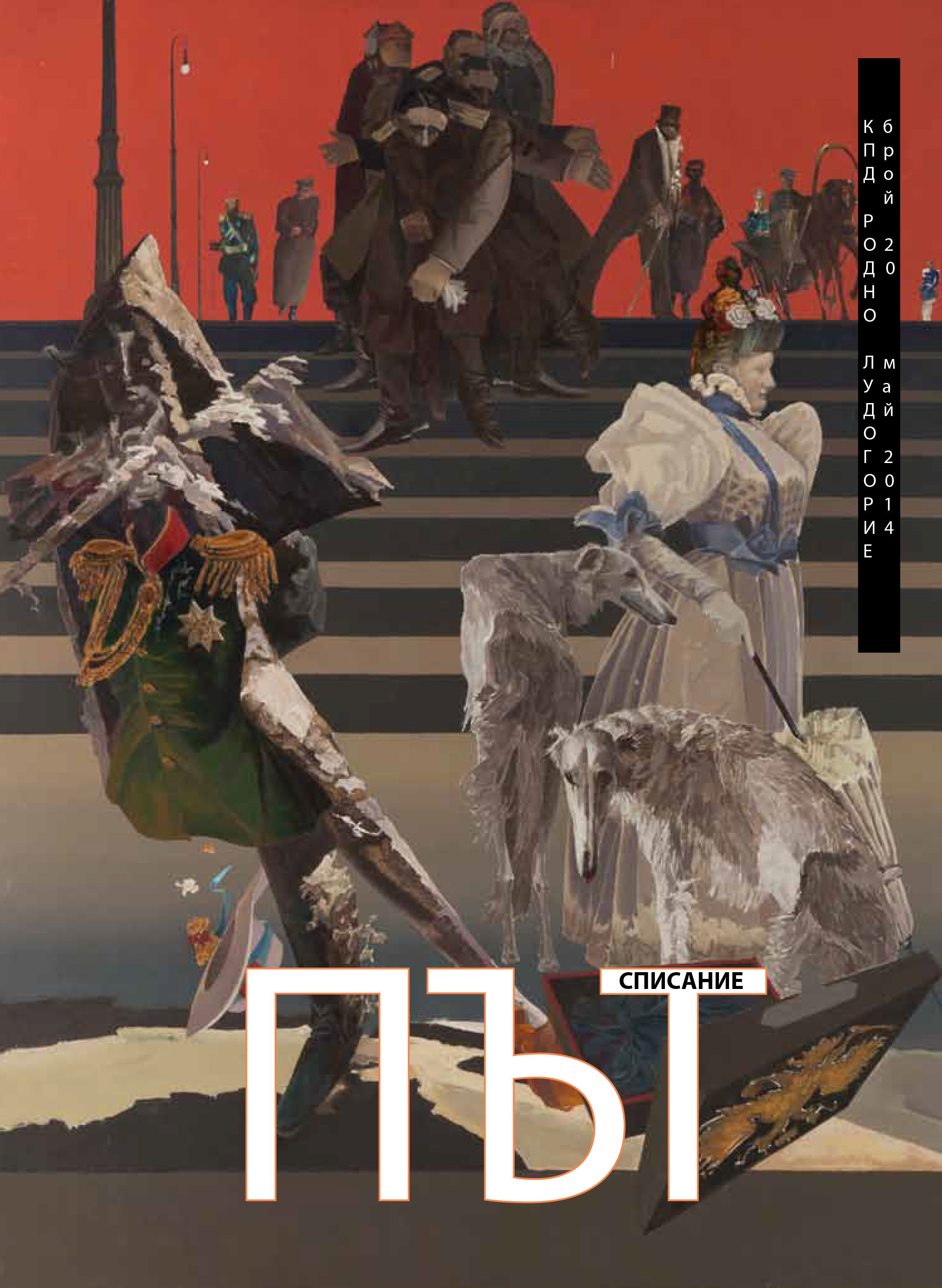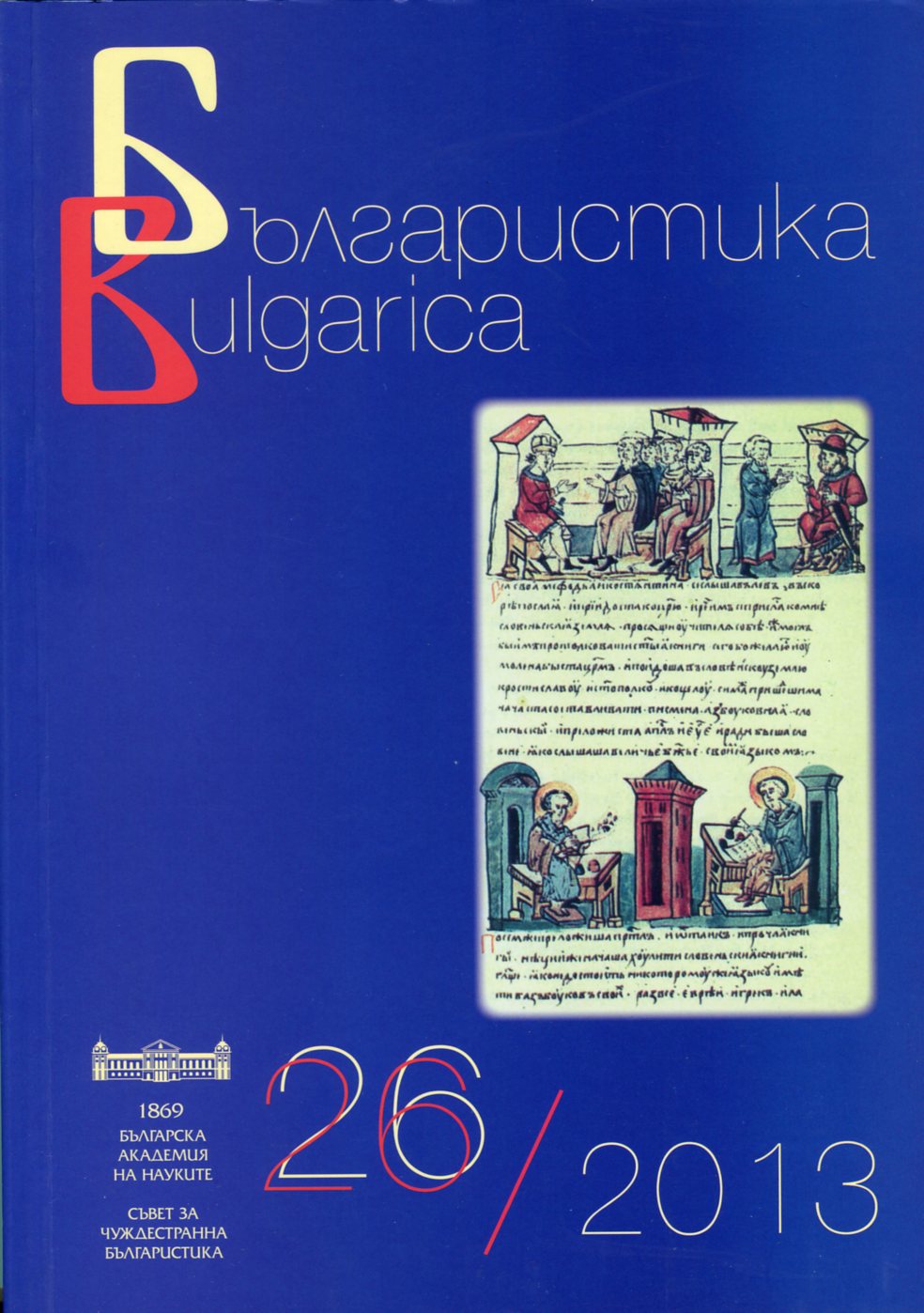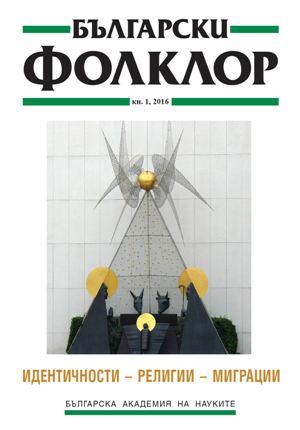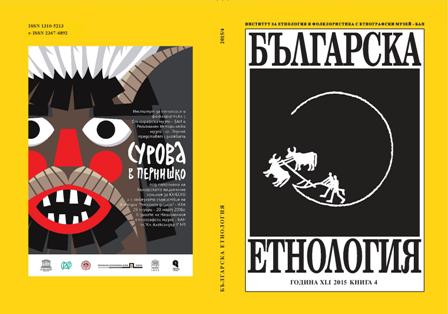
Киното в прединдустриалните общества: Балканите в междувоенния период
The article gives a rough overview about the development of cinema in the Balkan countries in the interwar period which was characterized by a low level of economy. Especially, the countries lacked industrial infrastructure which was a precondition for a flourishing cinema life from its very beginning. Therefore, cinema played only a marginal role in the agrarian Balkan countries. It was practically confined to the urban space. The European cinema market was dominated by international US-American and German film producers. In the Balkans a domestic film production could hardly emerge. The introduction of the talkie deteriorated conditions for domestic film pro¬duction because of the increasing production costs. Cinema could only become a mass phenomenon after the period of scrutiny when industrialization enabled mass consumption, also of films, in the 1950s and 1960s.
More...
